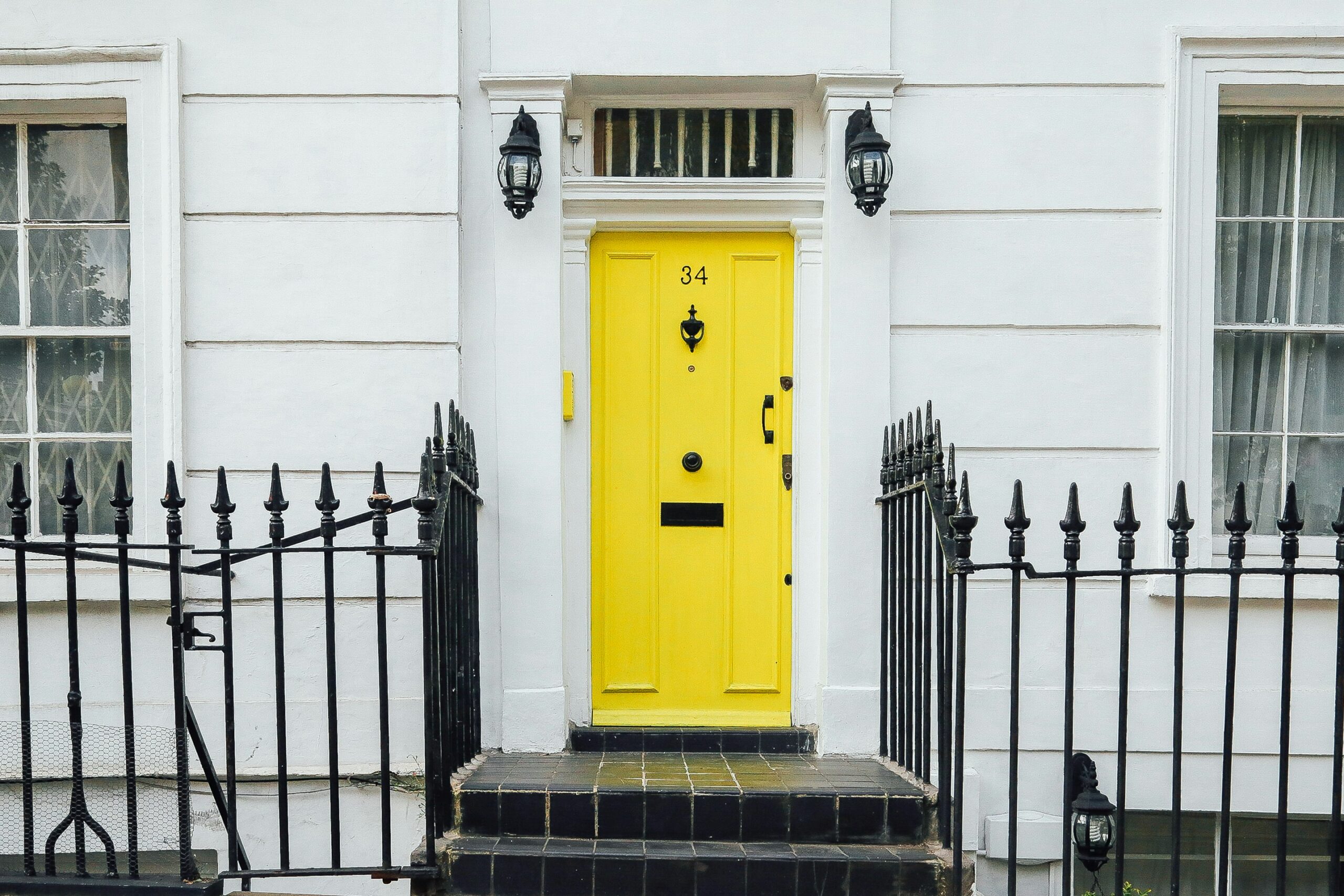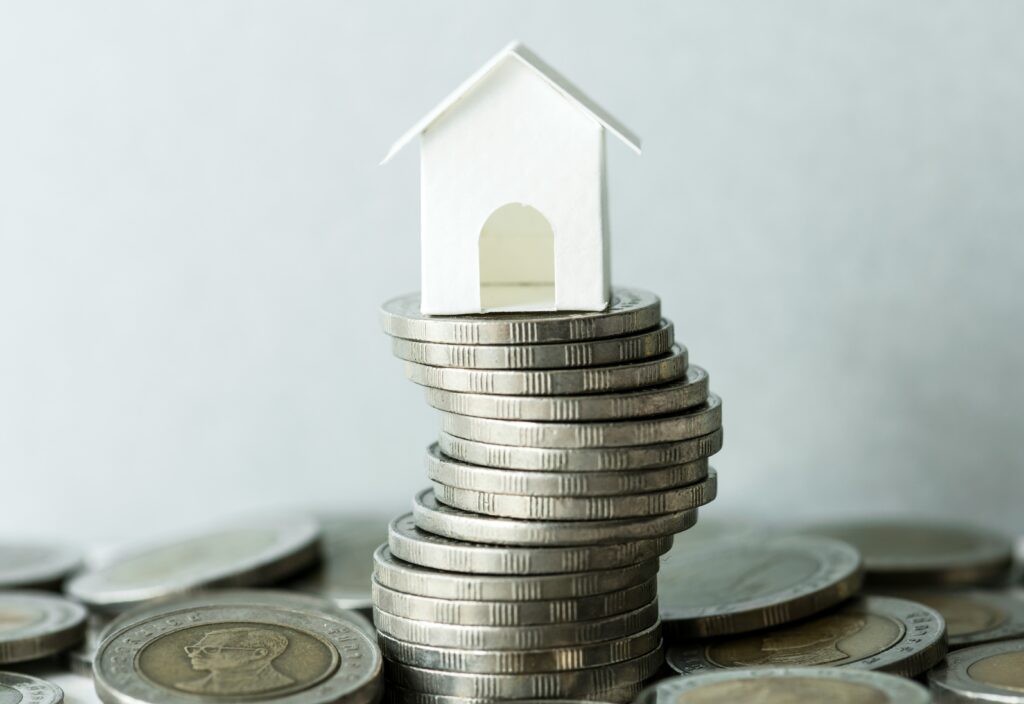
Do You Pay Stamp Duty When You Sell a House?
The process of selling a house can be overwhelming – viewings, paperwork, legal jargon, and cost breakdowns all blur together. One question we’re asked time and time again is: Do you pay stamp duty when you sell a house?
It’s an understandable concern. After all, stamp duty is a well-known part of the property process, but is it relevant to sellers? In this guide, we’ll break down everything you need to know about stamp duty when selling a house, plus which costs do apply when you’re the one moving out.
Understanding stamp duty on selling a house
Stamp duty, or Stamp Duty Land Tax (SDLT), is a tax that applies when land or property is bought in England or Northern Ireland. But here’s the crucial point: You do not pay stamp duty when selling a house.
That’s right, stamp duty on selling a house is not your responsibility as the seller. The buyer pays this tax when they complete the property purchase.
How much stamp duty does the buyer pay?
As of March 2025, these are the standard stamp duty brackets for residential buyers:
- £0 – £250,000: 0%
- £250,001 – £925,000: 5%
- £925,001 – £1.5 million: 10%
- £1.5 million+: 12%
Why so much confusion around selling house stamp duty?
It’s easy to see where the mix-up comes from. Because buying and selling usually go hand-in-hand, many assume both parties are on the hook for taxes.
Sellers still face other costs
Even though stamp duty when selling a house doesn’t apply, sellers are often dealing with other fees like:
- Estate agent commissions
- Solicitor/conveyancer fees
- Capital Gains Tax (for non-primary residences)
- Repair or staging costs
These can add up, so while you dodge stamp duty selling a house, there are still expenses to consider.
Do you ever get stamp duty back when selling?
You might be thinking, “If I paid stamp duty when I bought the house, do I get it back when I sell it?” Unfortunately, the answer is no.
Stamp duty is a one-off, non-refundable tax. Even if your property has risen in value since you bought it, that original tax payment is gone for good. You won’t reclaim it when selling.
Still, the silver lining? You won’t be paying stamp duty on selling a house, either. That’s strictly the buyer’s obligation.
Scenarios where stamp duty might affect the sale
Even if you’re not paying it, stamp duty when selling a house can impact your sale in a few indirect ways.
1. Stamp duty thresholds can affect buyer behaviour
If your property is priced close to a stamp duty threshold (e.g., just over £250,000), some buyers may hesitate. This is especially true for first-time buyers hoping to avoid stamp duty entirely.
Tip: If your sale price is borderline, be prepared for negotiation or slightly adjust your asking price to appeal to more buyers.
2. Buy-to-let or second home buyers pay more
If your buyer already owns a home, they’ll pay an extra 3% surcharge. This doesn’t affect your own costs, but it may influence their offer or timeline.
3. Part-exchange sales or gifting property
If your transaction involves gifting a property to family or using part-exchange schemes, stamp duty rules still apply to the buyer, even if no cash changes hands.
4. Property held in a trust
If the property is owned or being transferred via a trust, there could be additional stamp duty considerations. Always consult a solicitor for the most accurate advice.
What sellers do need to budget for
You may not be paying stamp duty when selling a house, but there are a few big-ticket costs you can’t avoid.
Estate agent fees
Expect to pay between 1% and 3% (plus VAT) of your sale price if using a traditional estate agent.
Legal / conveyancing costs
You’ll need a solicitor to manage contracts, legal documents, and completion. Typical costs range from £500–£2,000.
Capital Gains Tax (CGT)
If the home is not your primary residence, such as a buy-to-let or vacation home, you may be required to pay CGT on the sale profit.
Repairs or renovations
Improving curb appeal, fixing cosmetic issues, or staging your property can increase sale value but add up in costs.
Do you pay stamp duty when you sell a house? Here’s the final answer
Let’s recap:
- Do sellers pay stamp duty? – No
- Is stamp duty refundable when you sell? – No
- Do you need to budget for it as a seller? – No
You won’t pay stamp duty on selling a house, but it’s still wise to understand how it could impact your buyer and, ultimately, your sale.
You’ve got this – and Sell House Fast can help
Now that you know the facts about stamp duty and selling a house, you’re one step closer to making informed, confident decisions about your property.
Selling a home is a big step, but it doesn’t have to be overwhelming, especially when you’re armed with the right knowledge. If you focus on the key steps and understand your costs, you can approach the sale with clarity and peace of mind. If you’re looking to sell your home for cash without the usual stress, or if you’re wondering how to sell your house for free, Sell House Fast is here to help. We offer cash for your house in a streamlied process that removes all the typical the complications, allowing you to sell your house on your terms in a matter of days. Get a free cash offer now to discover how smooth your move could be.


